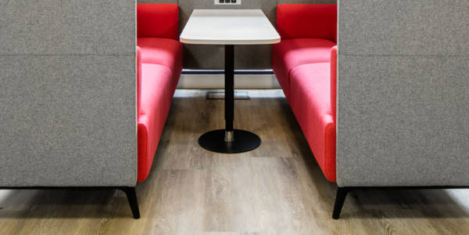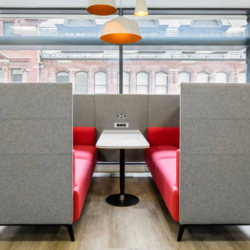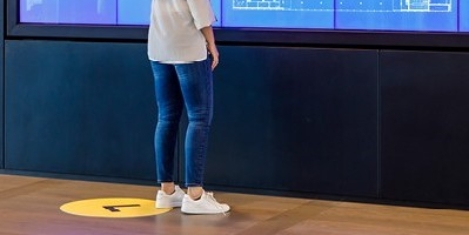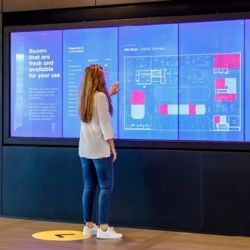To provide the best experiences, we use technologies like cookies to store and/or access device information. Consenting to these technologies will allow us to process data such as browsing behaviour or unique IDs on this site. Not consenting or withdrawing consent, may adversely affect certain features and functions.
The technical storage or access is strictly necessary for the legitimate purpose of enabling the use of a specific service explicitly requested by the subscriber or user, or for the sole purpose of carrying out the transmission of a communication over an electronic communications network.
The technical storage or access is necessary for the legitimate purpose of storing preferences that are not requested by the subscriber or user.
The technical storage or access that is used exclusively for statistical purposes.
The technical storage or access that is used exclusively for anonymous statistical purposes. Without a subpoena, voluntary compliance on the part of your Internet Service Provider, or additional records from a third party, information stored or retrieved for this purpose alone cannot usually be used to identify you.
The technical storage or access is required to create user profiles to send advertising, or to track the user on a website or across several websites for similar marketing purposes.
 The City of Edinburgh Council has adopted a new digital strategy to push forward its ambitions for becoming a sustainable Smart City. The Digital and Smart City strategy – which sets out principles for how the Council’s future technology services should be designed, sourced and delivered over the next three years – was unanimously approved by members of the Policy and Sustainability Committee.
The City of Edinburgh Council has adopted a new digital strategy to push forward its ambitions for becoming a sustainable Smart City. The Digital and Smart City strategy – which sets out principles for how the Council’s future technology services should be designed, sourced and delivered over the next three years – was unanimously approved by members of the Policy and Sustainability Committee.





 2020 has been the most stressful year in history for the global workforce and people want robots to help, according to a new study by
2020 has been the most stressful year in history for the global workforce and people want robots to help, according to a new study by 














 Businesses in the UK are disproportionately made up of logical and rational thinkers, over intuitive and expressive ones, claims a new study. The study from
Businesses in the UK are disproportionately made up of logical and rational thinkers, over intuitive and expressive ones, claims a new study. The study from 
 Workers (82 percent) would rather have permanent jobs than “be their own boss” in a freelance or contract role, even as the self-employed and gig economy has grown rapidly in recent years, claims new research from the
Workers (82 percent) would rather have permanent jobs than “be their own boss” in a freelance or contract role, even as the self-employed and gig economy has grown rapidly in recent years, claims new research from the 









October 2, 2020
Time for businesses to establish more meaningful wellbeing initiatives
by Jolawn Victor • Comment, Wellbeing